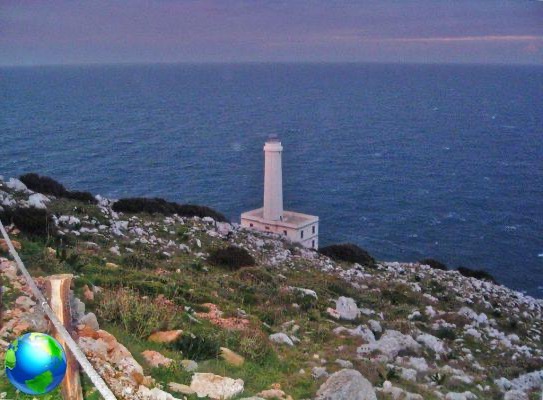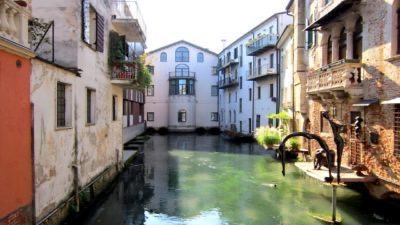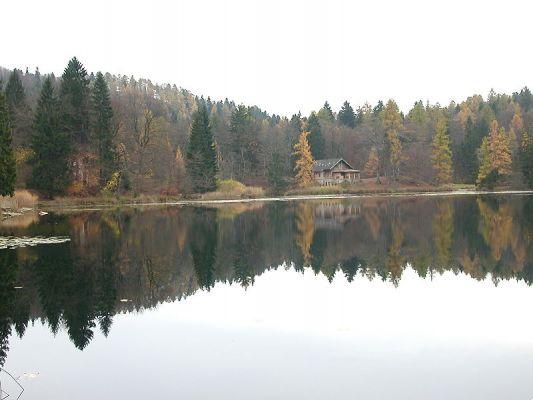Otranto in winter, here are the five things to do and see in Puglia, not only in the summer season, and all low cost.
When you think about the Salento we think of summer. It is a combination that goes automatically. But who said that you only go to the sea in summer? There are now many tourists who, driven by considerably more affordable prices, decide to visit Otranto during the low season. At this point the question arises: what to do in Otranto in winter?

Certainly the atmosphere will be completely different. Being a seaside destination you will not find the crowds present in the height of summer, nor events that are usually held in the high season. However, for lovers of the sea, unspoiled nature and those places a little out of time, I believe that Otranto is the right destination for to relax e immerse yourself in nature precisely in that period in the year in which, free from the crowd, you can grasp the true essence of this town.
Here is a short list of the most evocative places rich in history to visit.

The Palascìa Lighthouse
It is a lighthouse built in 1867 in the most eastern point of Italy. Recently renovated, its importance has been recognized by the European Commission which has placed it under protection. It is an obligatory destination for many tourists, thanks to its suggestive position. The lighthouse was, in fact, erected overlooking the sea and can only be accessed on foot along a fairly steep gravel path. Think it is tradition wait for the dawn of New Year right here, at the lighthouse, as, being the easternmost point of Italy, sees the first dawn of the new year. And, if you are lucky, you will also be able to see the mountains of Albania on the horizon.

The Baia dell'Orte and the bauxite quarry
Not so far from the Palascìa lighthouse, you can find another equally suggestive area of Otranto. This is the Baia dell'Orte, located south of Otranto. The bay is surrounded by small pine forests typical of the area and in dense colorful vegetation. In particular, in this area there is the bauxite quarry, now in disuse, where, thanks to rainwater, an emerald green artificial lake has been created. The quarry is, in fact, also known as Emerald Lake. The color of the water, so precious, is enriched even more by the contrast with the red stone and the surrounding vegetation.

The Alimini Lakes
This time we are north of Otranto and we are faced with two lakes, the large lake, which flows into the sea, and the small lake, one of fresh water and the other of salt water, connected to each other by a canal called, in local dialect, lu strittu. Here we are in a completely different scenario, immersed in the Mediterranean scrubIn these areas you can also spot swans, flamingos, storks and geese. If it weren't for the smell of saltiness that comes up there, you almost forget you're at the sea.

The Bay of the Turks
Not far from the lakes, still north of Otranto, is the famous one Bay of the Turks, a wild and unspoiled bay, reachable only on foot. The name of the bay is due to the tradition, according to which the Turks landed right here during the siege of Otranto in the distant XNUMXth century. We are located on a sandy beach, bathed by crystal clear water, which has now become famous for its beauty.

The Tower of the Serpent
Finally, we find ourselves in front of the symbol of Otranto, so important to be part of the coat of arms of the city. The Serpent Tower it is a watchtower that seems to date back to the Roman era. Its name is due to an ancient one legend which tells of a snake that every night came up from the cliff to drink the oil that kept the lighthouse lantern burning. Given the antiquity of the tower, it has recently undergone a restoration as it was in danger of collapsing (as you can see from the image). You can reach the tower via a small path on the cliff, which allows you to admire the sea and immerse yourself in its scent.























